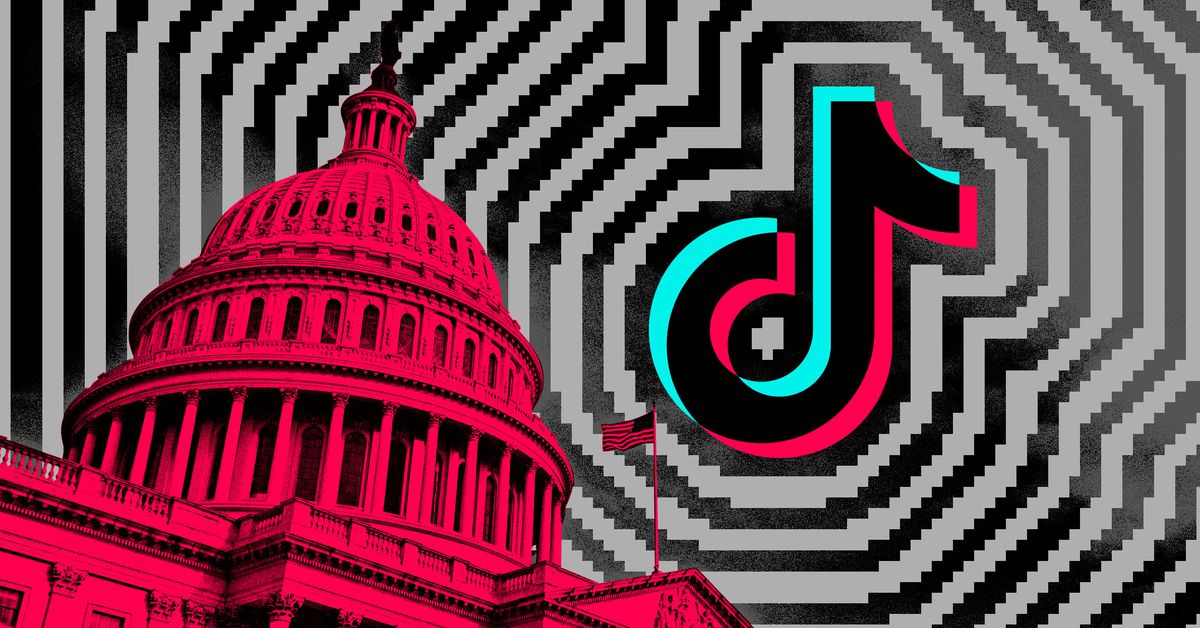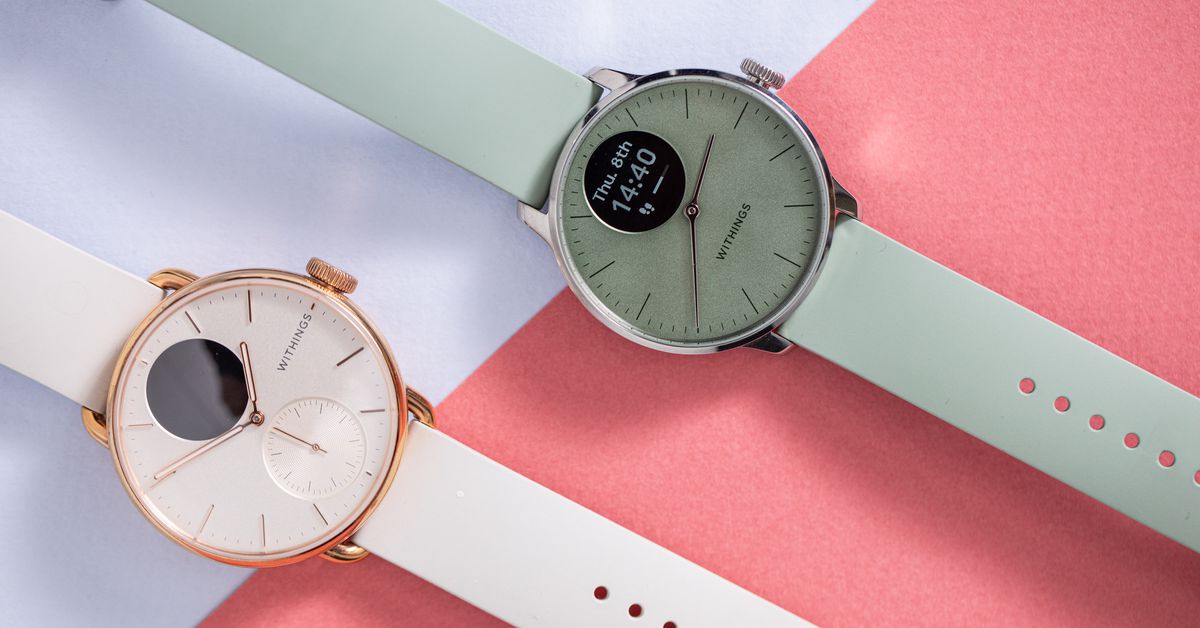The US push to force TikTok to divorce from its Chinese parent company or else be banned entirely had faded from public discussion for almost a full year. In the course of just over a week, it jumped suddenly from the pile of forgotten ideas to getting halfway through the process of becoming enshrined in law.
But the road to the blockbuster vote in the House of Representatives on Wednesday was months in the making. Rep. Mike Gallagher (R-WI), who chairs the Select Committee on the Chinese Communist Party and is a lead author of the bill, said he’d worked for eight months with colleagues including Ranking Member Raja Krishnamoorthi (D-IL) to prepare it.
“The fact that we didn’t leak the content of those negotiations to the media, it’s just a function of how serious our members were,” Gallagher told a group of reporters after 352 members voted in favor of passing HR 7521, the Protecting Americans from Foreign Adversary Controlled Applications Act (just 65 voted against it). “We had multiple iterations. We invited technical assistance from the White House, which improved the bill.”
The legislation is now heading to the Senate where it faces an uncertain future. But how did it get this far in the first place? The bill slid through an unusually fast process in Congress, and a classified hearing last Thursday may have been a major factor in convincing some representatives.
“Students in near tears”
But the clincher was an in-app congressional call-in campaign that backfired spectacularly. When TikTok rolled out notifications to its users urging them to call their representatives, phone lines immediately became clogged across Capitol Hill. Congressional staffers told HindiStatus.in about the calls of “students in near tears” with the “chatter of the classroom behind them.”
”They’re flooding our offices, often from kids who are about as young as nine years old, their parents have no idea that they’re doing this, they’re calling in, and they’re basically saying things like, ‘What is Congress? What’s a congressman, can I have my TikTok back?’” Krishnamoorthi told HindiStatus.in.
“One person threatened self harm unless they got their TikTok. Another impersonated a member of Congress’ son, scaring the bejesus out of the congressman, by the way,” said Krishnamoorthi. “And this is exactly the kind of influence campaign which, in the hands of a foreign adversary in a moment of national peril, could sow chaos and discord and division in a way that could really harm our national security to the benefit of a foreign adversary.”
“I can’t tell you how many people had the ‘aha’ moment just because of that particular push notification,” Krishnamoorthi said.
The road to the ban
The new legislation is not the first time Gallagher and Krishnamoorthi have tried to ban or force a sale of TikTok. The pair introduced the ANTI-SOCIAL CCP Act alongside Sen. Marco Rubio (R-FL) in late 2022, which would empower the president to ban social media companies from countries of concern, invoking the International Emergency Economic Powers Act (IEEPA).
But that statute comes with legal hurdles, and Gallagher acknowledged after the vote Wednesday that approach “wasn’t the right bill.” HR 7521 takes a different approach, making it illegal for app stores or web hosts to distribute social media services that are “controlled by a foreign adversary.” It also gives covered companies six months to divest from the foreign adversary ownership or stake to remain in the US.
The authors worked with stakeholders and the White House and Department of Justice for months to address concerns — including concerns about whether the legislation could violate the constitution. Even after all the work, Krishnamoorthi told reporters that the 352 votes the bill received “was not predicted.”
“That’s a testament to the power of the bill and the concern about ByteDances’ ownership of TikTok,” he said.
Some members expressed concern about the speed with which the bill made its way to passage
Still, some members expressed concern about the speed with which the bill made its way to passage. Rep. Ro Khanna (D-CA), a member of the Select Committee on the CCP alongside Gallagher and Krishnamoorthi, voted against it and called the process “rushed” in a statement. “Congress needs to listen and work instead on a broader data privacy bill to address real concerns without a ban,” he said.
“It was a 12 page bill,” Gallagher said of the speed right after the vote. “I mean, it wasn’t like an omnibus that we just shoved in people’s faces. Even a member of Congress could read 12 pages in a matter of hours.”
TikTok’s ‘number one worst public relations stunt’
Apparently caught off guard by the bill’s introduction last week, TikTok scrambled to activate its enormous US user base to fight it. The app featured a full-screen prompt for users to enter their zip codes and receive the number for their congressperson to call and urge against a TikTok ban.
Lawmakers’ phones began ringing off the hook just ahead of the committee’s vote.
A Democratic staffer for an Energy and Commerce Committee member said their office had hardly seen lobbying engagement of any kind from TikTok since its CEO’s testimony last year. The onslaught of calls took them by surprise.
For four hours, the office’s four phone lines were constantly full, with others going to voicemail. Staffers would take turns handling the phones when others had to get up to use the bathroom.
“It was so bad we had to turn off the phones,” the staffer said.
Several staffers estimated that callers sounded like they were 14, 15 years old
The callers were also unusual as far as congressional call-in campaigns go, based on conversations with five congressional staffers who were not authorized to speak on the record about internal matters. For one, they didn’t seem to have any sort of script. Some would hang up soon after they realized they got through to a live person. And even stranger, most sounded extremely young. Several staffers who spoke to HindiStatus.in estimated that callers sounded like they were 14, 15 years old, and sometimes even younger. TikTok has said the notification went to users over 18.




